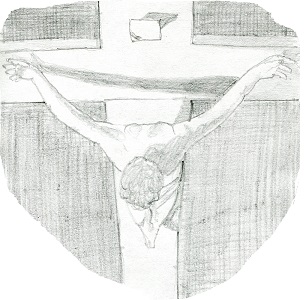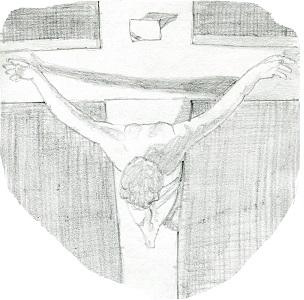

“Where the body is, there also the vultures will gather” (Luke 17:37).
Crisis is a great teacher, but its lessons come too late. If we had known and been prepared, there would have been no crisis. Even when warned, people disregard a distant threat because the illusion of normalcy lulls them into complacency. There will be time, it won’t be as bad as people say, we’ll cross that bridge when we get to it.
For millions of people in our world, climate change is no longer just a looming crisis; it is a catastrophe. Coastal lowlands and whole countries like Bangladesh are going under water as sea levels rise. Venice is flooded. Prolonged drought has led to fires that have ravaged large areas in Spain, Australia and California. Desert ranges grow, devouring arable fields and grazing land, creating famine and forced migration. Weather patterns are increasingly unpredictable, and extremes have become the rule rather than the exception. Economists, food experts, even military planners are projecting future problems based on current trends.
The great riddle is why so many people, including leaders responsible for the welfare of their countries, refuse to acknowledge the dramatic signs in nature that human activity must change to avert more cataclysms already visible on the horizon.
In today’s Gospel, Jesus cites two examples from biblical history to urge his contemporaries to recognize the signs of the times in order to avoid destruction. In the time of Noah, people ignored his warnings of the coming flood until it was too late. In the days of Lot, the people of Sodom refused to change and suffered a torrent of fire and brimstone.
Jesus wept over the city of Jerusalem, invoking imagery of the destruction and suffering that occurred when Israel was conquered by Babylon in order to warn its people to change course and seek peace instead of the suicidal war that would eventually pit Rome and Jewish zealots proclaiming that God would save Israel. When his disciples asked Jesus how they would know these events were happening, he did not spare them: “Where the body is, there the vultures gather.”
Some scripture scholars say this allusion to a corpse was also a reminder that Jesus’ death is the redeeming power that saves us from even the disasters we bring upon ourselves because of sin. By his death on the cross, Jesus opened the door of human history to its divine destiny—life with God forever. Each time we gather for Eucharist, we are where the Body of Christ is, both his crucified body and his risen body. The Communion we share is the sign of the Beloved Community God has promised as the goal of history.
Our role in engaging the crises facing the world today is to offer our lives in union with Jesus, who died for sinners. It is this offering in love that defeats death and restores life. This is the powerful prayer we share with him, for ourselves, for all our brothers and sisters, and for the Earth, our common home.
Advertisement




